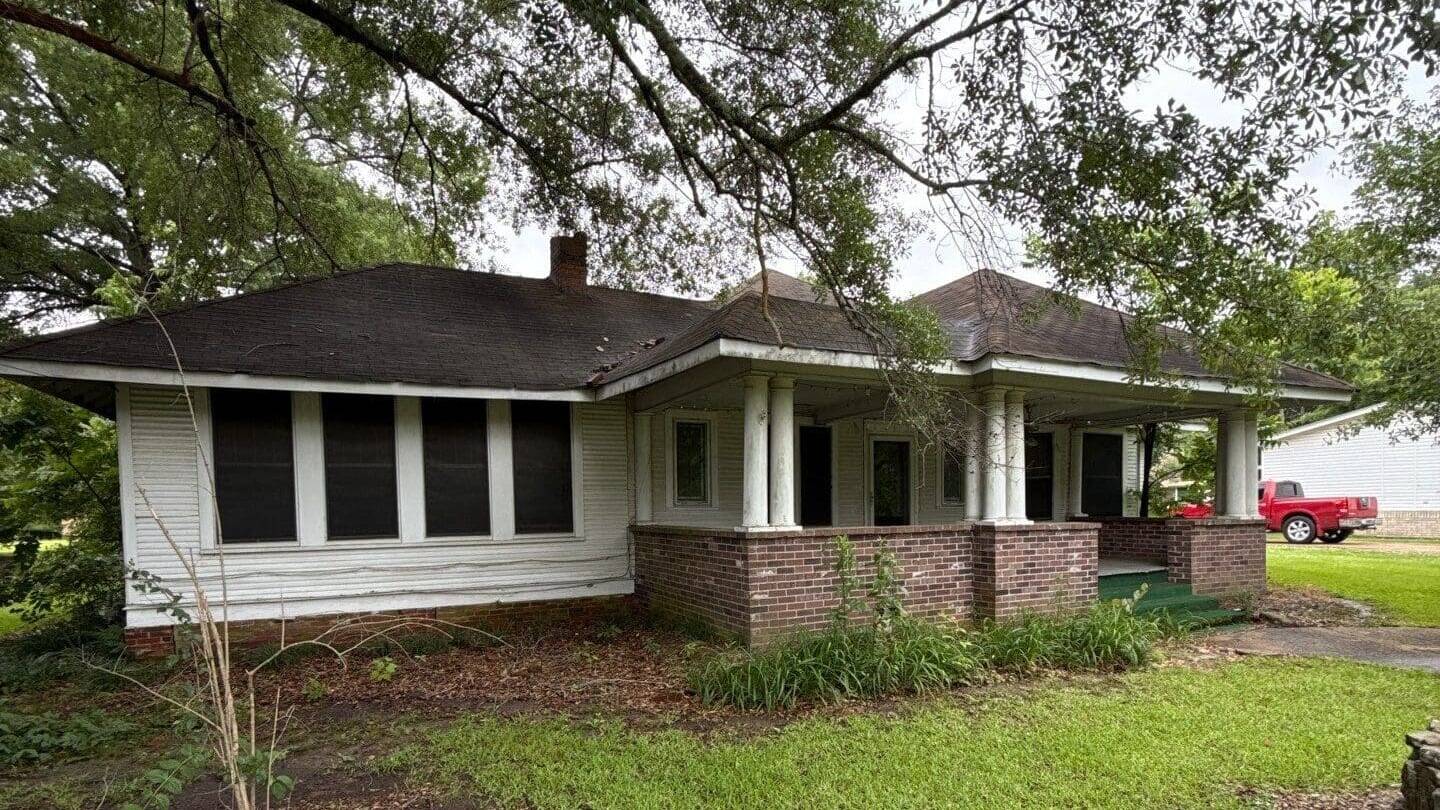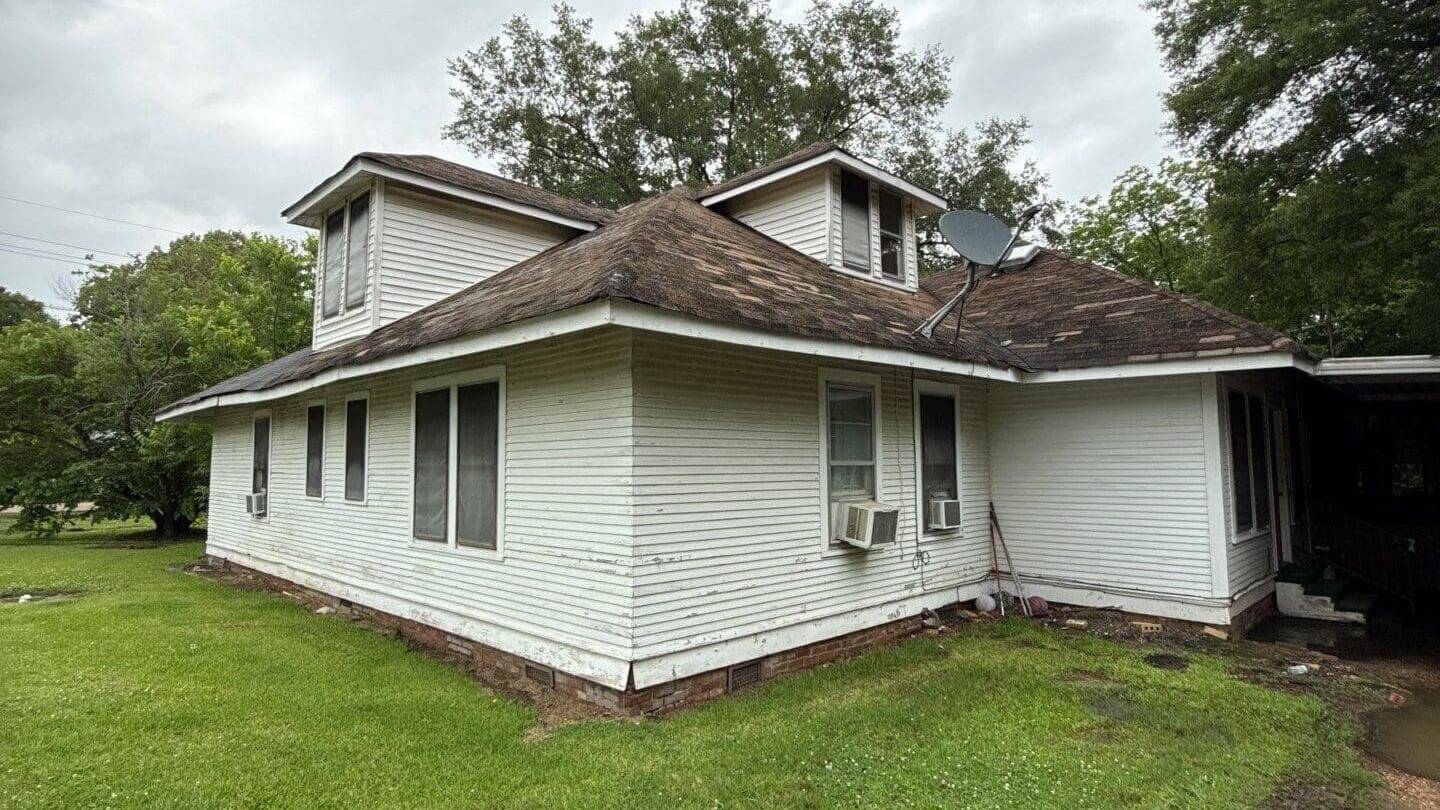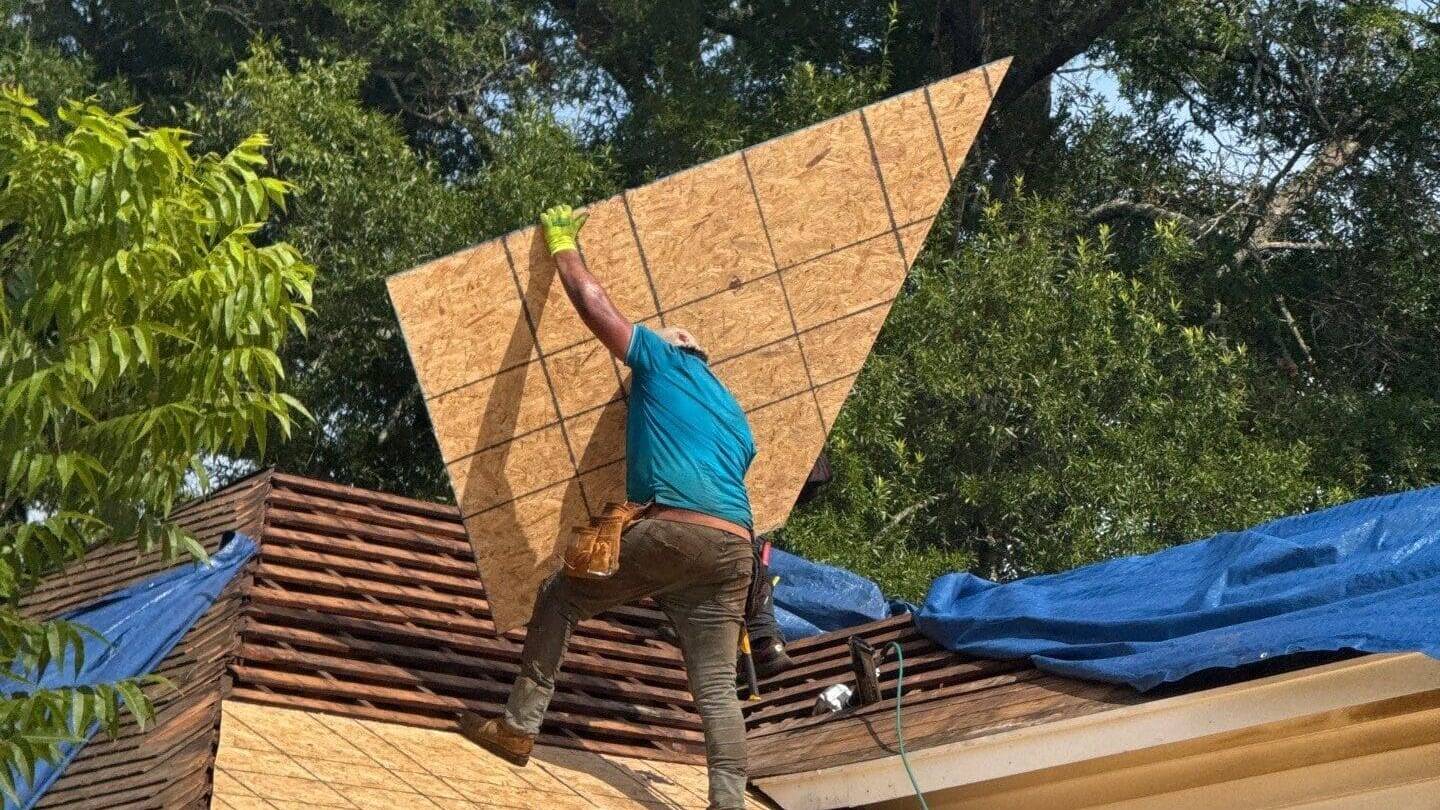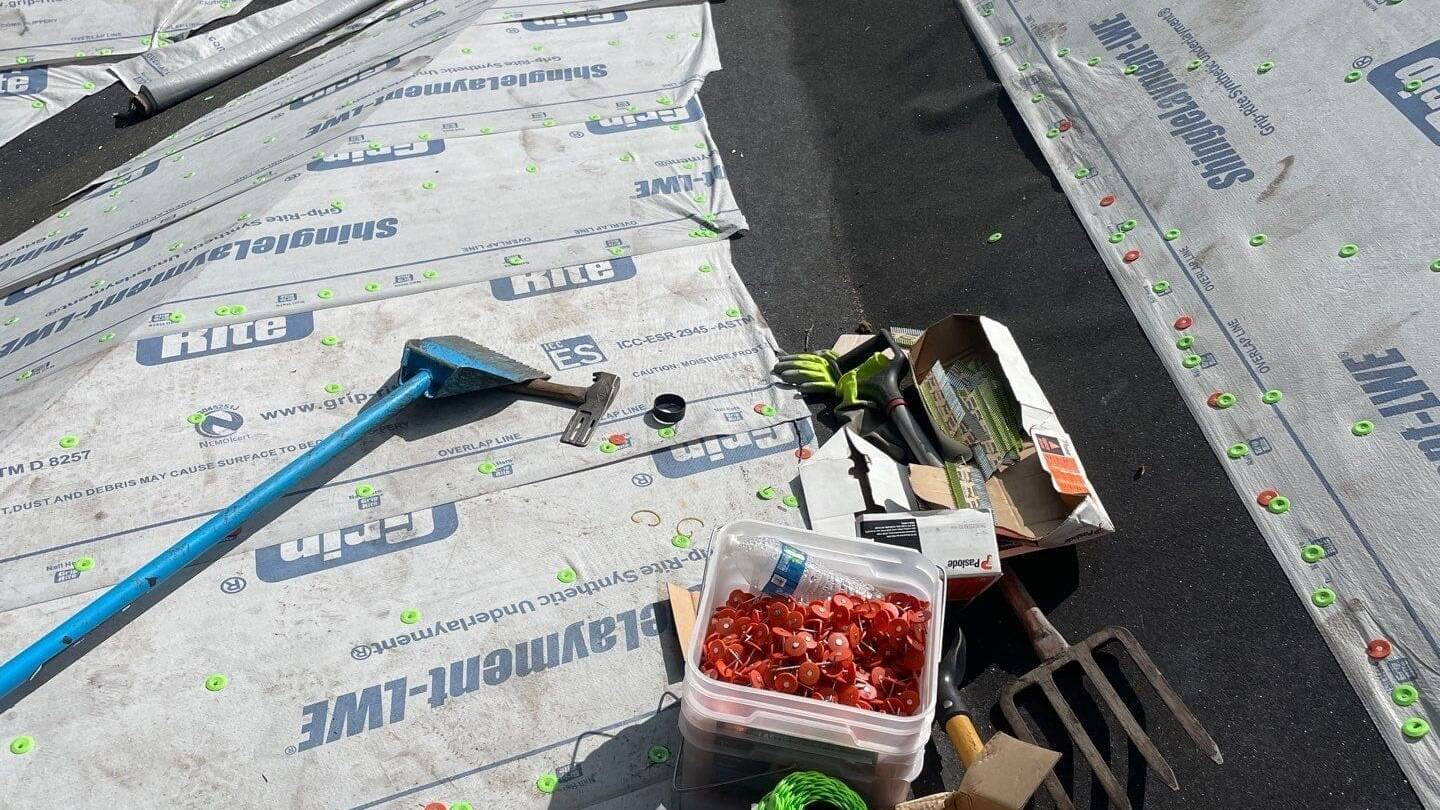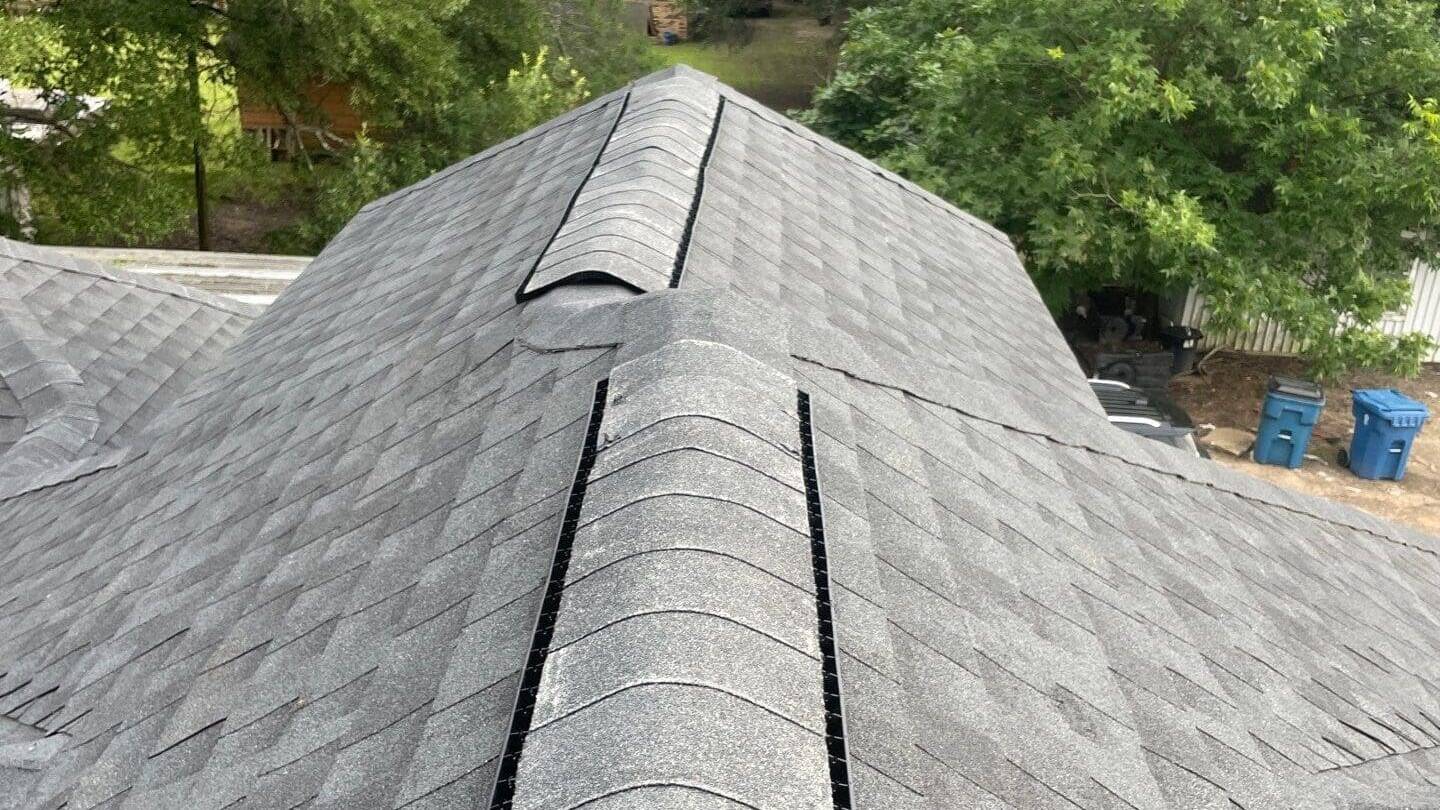In the Mississippi Delta town of Marks, where rich soil meets deep-rooted challenges, Big Field Water Association is writing a new chapter — one marked by transparency, structure, and a growing sense of possibility. At the heart of this transformation is a partnership with Communities Unlimited (CU) and a comprehensive approach known as strategic blending.
Strategic blending is CU’s model for community transformation. Instead of offering isolated services, CU brings together multiple areas of expertise — such as infrastructure, housing, digital tools, and lending — to concentrate resources where they can have the greatest impact. Big Field Water Association is now one of the latest examples of this model in action.
It began with CU’s Community Infrastructure Team, which engaged with Big Field in 2025 under the Mississippi Department of Health’s Small System Technical Assistance program. Led by Training Project Manager Lorraine Magee, CU helped the water system return to compliance by developing critical documents, updating procedures, and conducting a Technical, Managerial, and Financial (TMF) assessment. A rate study will follow, helping the board prepare for long-term financial sustainability — and possibly a much-needed office renovation to replace the temporary church space where the team currently operates.
From there, the partnership expanded.
“During lunch one day, I asked Lorraine what other programs y’all offered,” said Dwight Barfield, Big Field’s board president and the former mayor of Marks. “She mentioned septic tanks, water wells, and roofing. I knew right away that could help our customers.”
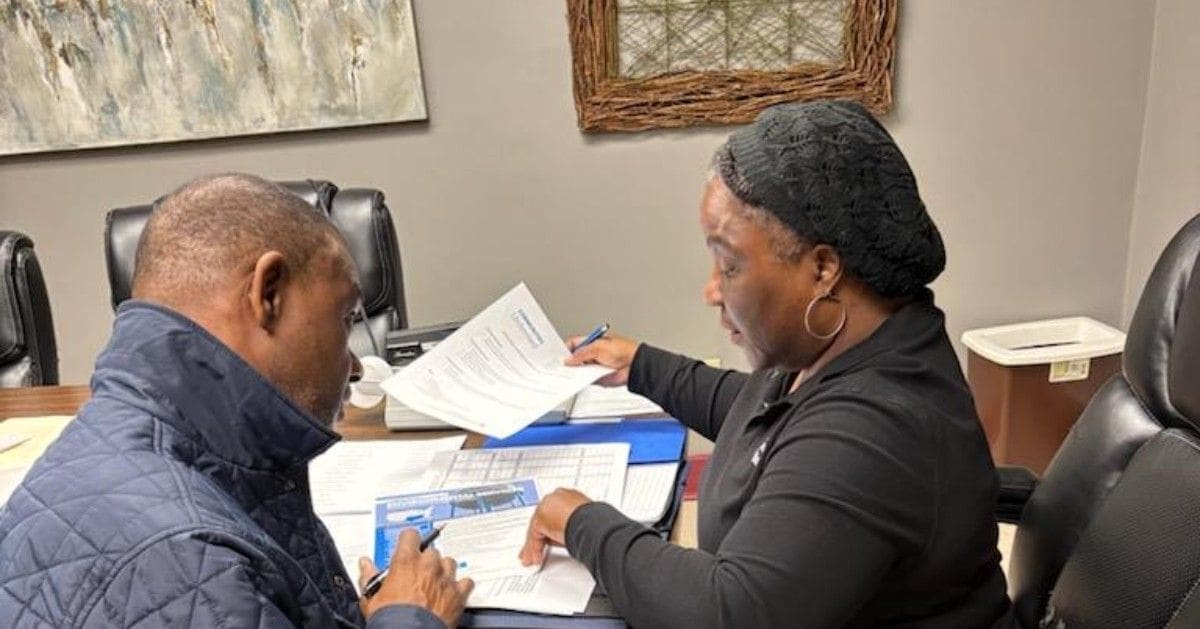
That conversation sparked a new phase of collaboration with CU. Barfield and his wife quickly began connecting residents to CU’s grant and loan programs for critical home improvements — needs that were painfully common in the area. Big Field serves 653 households in Marks and Quitman County — 524 of which are considered low income. The community’s median household income is just $30,169, making access to external resources not just helpful, but essential.
“What really stood out to me was that the homeowner didn’t have to pay anything,” Barfield said. “In rural areas like ours, people are often left out — no access to resources, no information.”
That simple lunch conversation opened the door to CU’s Housing Team. Within months, the Barfields had helped secure 33 applications through the Fortified Roof program, providing no-cost roof replacements to low-income residents — many of them elderly or living in homes that had been leaking for more than 15 years.
“We started working with local pastors and community leaders to identify those most in need,” he said. “I didn’t realize how bad it was until I saw it up close.”
Nextgen Power Systems, a contractor for CU’s Fortified Roofing Program, completed a six-day roofing project in Lambert, Mississippi, giving Pastor Robert Griffith and his wife Lula a durable, storm-resistant roof. Lambert lies just four miles south of Marks, home to Big Field Water Association, which referred the homeowner to CU’s Housing Team.
Next up are CU’s Geographic Information System (GIS) mapping services, which Big Field hopes to implement soon.
“When I first took over, finding a water meter was like finding a needle in a haystack,” Barfield said. “With GIS, we’ll know exactly where everything is.” CU’s digital tools will help ensure continuity even if staff turns over, improve customer service, and track unbilled users.
And the momentum hasn’t stopped. Big Field is now exploring the possibility of a loan through CU’s Lending Team to support office upgrades — a move that would further solidify the system’s operational foundation.
Barfield believes the power of CU’s approach lies in its accessibility — and its belief in rural communities.
“I’ll tell you — CU’s services are a game-changer. When I was mayor, we used to apply for Community Development Block Grants (CDBG), but the red tape was something else. A lot of people didn’t even complete the paperwork. CU’s process cuts through all that. Minimal requirements. That’s what makes it work. I hope this program never goes away.”
— Dwight Barfield, President of the Big Field Water Association
With two teams currently engaged — and more likely to follow — Big Field Water is gaining traction on issues that once felt overwhelming.
“I want to keep partnering with CU on anything that benefits our people,” Barfield said. “I talk about Communities Unlimited all through this community. And I’ve been encouraging other water systems to work with y’all too. A lot of folks are still stuck doing things the old way, but they don’t realize how much better things could be with a little help and new technology. Lorraine and CU have been a blessing to our system and community.”
Strategic blending isn’t just a buzzword in the Delta. In Big Field’s case, it’s becoming a blueprint for positive, lasting change.


